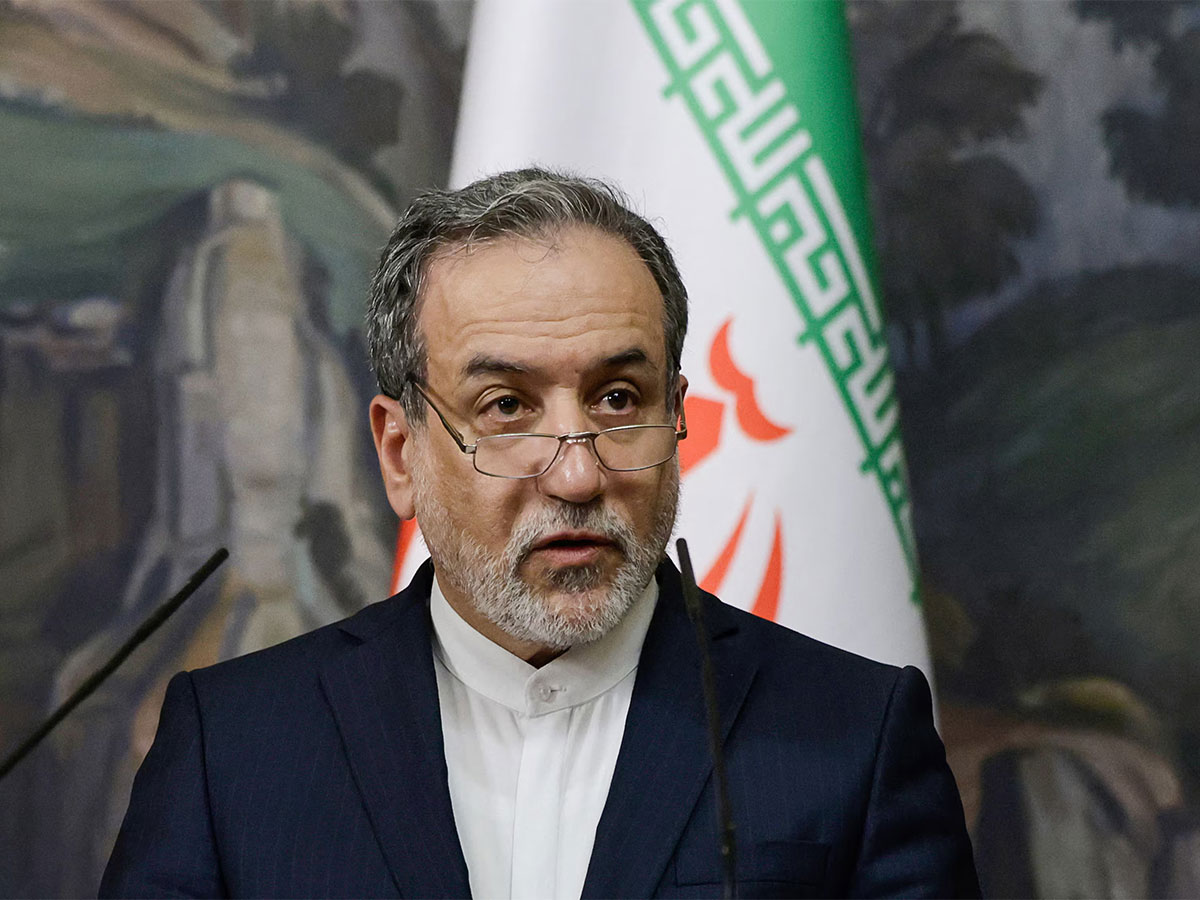
Iran's Stance on Uranium Enrichment and Diplomatic Outlook
Iran’s Foreign Minister, Abbas Araghchi, has reaffirmed the country’s commitment to its uranium enrichment program, despite the damage caused by recent airstrikes from the United States and Israel. He described the program as a matter of national pride, emphasizing that it represents an achievement of Iranian scientists.
During an interview with US broadcaster Fox News, Araghchi stated, “It is now stopped because, yes, damages are serious and severe, but obviously, we cannot give up our enrichment because it is an achievement of our own scientists, and now, more than that, it is a question of national pride.” This statement highlights the strategic and symbolic importance of the nuclear program for Iran.
Araghchi also expressed openness to resuming diplomatic discussions with the United States, although he clarified that direct talks are not currently on the table. “If they [the US] are coming for a win-win solution, I am ready to engage with them,” he said. The minister emphasized the need for confidence-building measures to demonstrate that Iran’s nuclear program remains peaceful. “We are ready to do any confidence-building measure needed to prove that Iran’s nuclear programme is peaceful and would remain peaceful forever, and Iran would never go for nuclear weapons, and in return, we expect them to lift their sanctions.”
He reiterated the possibility of a negotiated solution for Iran’s nuclear program, stating, “There is a negotiated solution for our nuclear programme. We have done it once in the past. We are ready to do it once again.” This suggests that Iran is open to revisiting previous agreements, such as the 2015 Joint Comprehensive Plan of Action (JCPOA), which had allowed for international monitoring of its nuclear activities in exchange for sanctions relief.
However, recent developments have complicated these efforts. In June, Israel launched a series of surprise bombing raids targeting Iran’s military and nuclear facilities. These attacks resulted in over 900 deaths in Iran and at least 28 in Israel before a ceasefire was established. The United States also participated in the strikes, with the Pentagon claiming that the attacks set back Iran’s nuclear program by one to two years.
Despite the damage, Iran has maintained its cooperation with the International Atomic Energy Agency (IAEA), according to Araghchi. “We have not stopped our cooperation with the agency,” he said. However, he added that any requests for IAEA inspectors would be “carefully considered.” This comes after Iranian officials accused the IAEA of bias following a resolution passed by its board, which alleged non-compliance with nuclear obligations. Iran claimed this resolution was one of the “excuses” used by Israel to justify its military actions.
The situation has led to increased tensions and uncertainty about the future of Iran’s nuclear program. Meanwhile, the UN spokesperson Stephane Dujarric welcomed “dialogue between the Europeans and the Iranians,” referring to planned talks between Iran, France, Germany, and the UK in Turkey. European JCPOA signatories have warned that Iran’s failure to re-enter negotiations could result in the reimposition of international sanctions.
Overall, Iran’s position remains firm on its nuclear program while leaving room for diplomatic engagement. The path forward remains uncertain, with both sides needing to find common ground to prevent further escalation and ensure regional stability.
